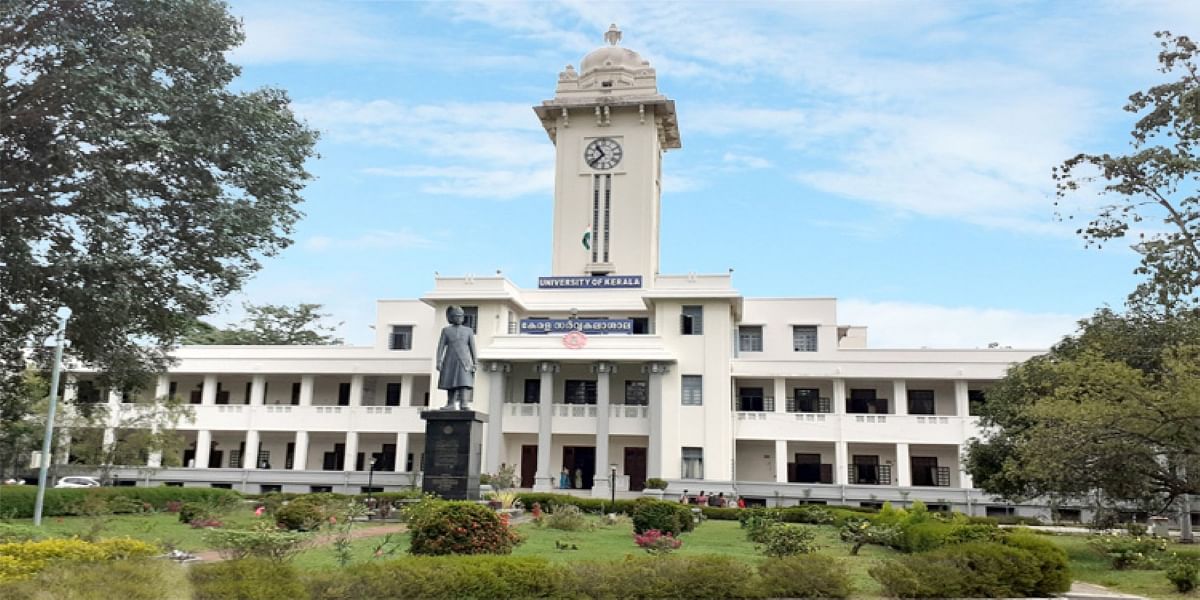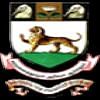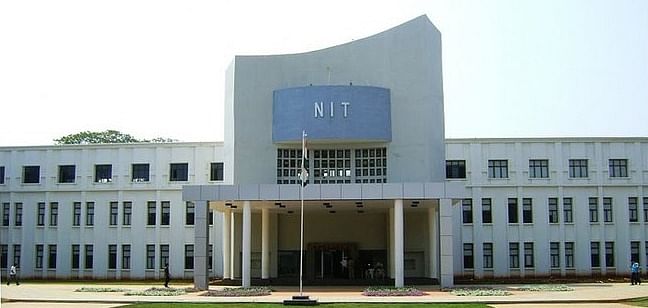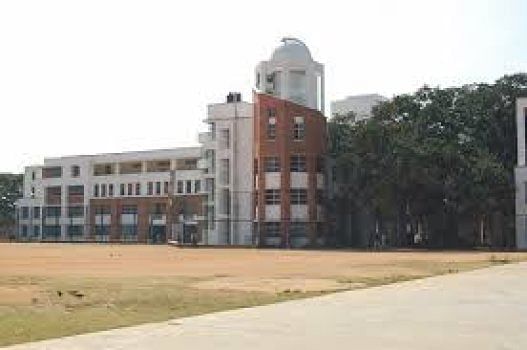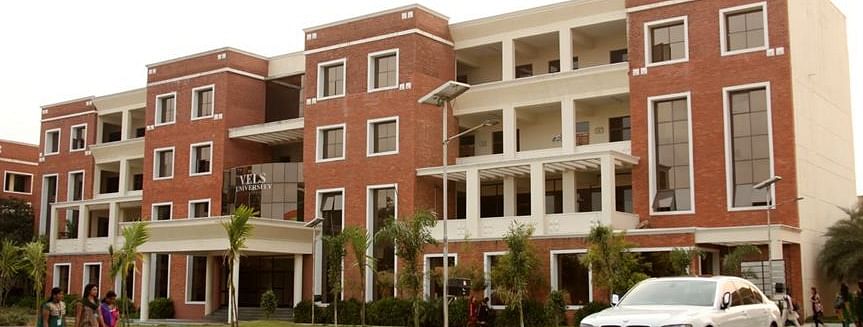MSc Analytical Chemistry Syllabus and Subjects

MSc Analytical Chemistry Syllabus covers portions of the two-year postgraduate course. The analytical chemistry syllabus imparts students with the knowledge of separation, identification, and quantification of the chemical components of natural and artificial materials. Analytical Chemistry topics include inorganic chemistry, organic chemistry, and physical chemistry.
After graduation, students can look for many jobs. The MSc Analytical Chemistry job scope offers various job roles like Quality Control Chemist, Research Associate, R & D Chemical Engineer, Pharmaceuticals R&D Analyst, etc.
Table of Contents
Semester-Wise MSc Analytical Chemistry Syllabus
The MSc Analytical Chemistry syllabus pdf introduces students to qualitative analysis in the field of chemistry. The course helps them to identify chemical species in a sample and determines the amount of one or more components in it. The MSc Analytical Chemistry syllabus is given below according to the semesters:
M.Sc Analytical Chemistry First-Year Syllabus
The subjects in the first year MSc Analytical Chemistry syllabus is given below:
|
Semester 1 |
Semester 2 |
|
Organic Chemistry |
Advanced Inorganic Chemistry |
|
Inorganic Chemistry |
Advanced Organic Chemistry |
|
Molecular Spectroscopy |
Advanced Physical Chemistry |
|
Physical Chemistry |
Molecular Symmetry and Spectroscopy |
|
Biology and Mathematics for Chemists |
- |
Practical Topics under 1st Year M.Sc Analytical Chemistry syllabus
Some of the practical topics under the first-year MSc Analytical Chemistry subjects are given below:
- Learn and identify the inorganic cation in a mixture
- Preparation of Organic Compounds
- Learn the volumetric estimation of some inorganic cations
- Quantitative Analysis of Organic Compounds
M.Sc Analytical Chemistry Second-Year Syllabus
The subjects in the second year MSc Analytical Chemistry syllabus are given below:
|
Semester 3 |
Semester 4 |
|
Principles of Analytical Chemistry |
Applied Analysis |
|
Optical Methods of Analysis and Radio Chemicals |
Analytical Chemistry of Polymers (Elective) |
|
Chromatographic Separation Techniques |
Process Analytical Chemistry |
|
Advance Analytical Techniques |
Analytical Spectroscopy (Elective) |
Practical Topics under 2nd Year M.Sc Analytical Chemistry syllabus
Some of the Practical Analytical Chemistry topics under the second-year MSc Analytical Chemistry course syllabus are given below:
- Estimation of Nitrogen or Nitro or Methoxy groups
- Estimation of alcohols in a given mixture using gas chromatography
- Determination of integral and differential heat of solutions by colorimetry
- Estimation of protein in food samples
Note: Students can know more about the recent changes in the curriculum by accessing the M.Sc Analytical Chemistry syllabus through the official college website.
MSc Analytical Chemistry Subjects
The Analytical Chemistry syllabus for MSc guides students in all important subjects that would enable them to master the field of chemistry. The syllabus also has core and elective subjects and varies depending on the type of university you are studying in. Some of the core and elective MSc Analytical Chemistry subjects are given below:
Core MSc Analytical Chemistry Subjects
Given below are the core subjects under the Analytical Chemistry Msc syllabus:
- Applied Analysis
- Environmental Analytical Chemistry
- Analytical Chemistry of Polymers
- Process Analytical Chemistry
- Seminars
Elective MSc Analytical Chemistry Subjects
Given below are the elective subjects under the MSc Analytical Chemistry course syllabus:
- Stereochemistry of Organic Reactions
- Physical Methods in Inorganic Chemistry and Main Group Chemistry
- Introduction to Biomolecules, Biosensors, and Analysis of Clinical and Consumer Products
- Modern Analytical Techniques
- Industrial Products and Forensic Analysis
M.Sc Analytical Chemistry Laboratory Subjects
Any Analytical Chemistry Subject includes labwork extensively. Some of the laboratory subjects under the M.Sc Analytical Chemistry syllabus are given below:
- Inorganic Chemistry Practical
- Organic Chemistry Practical
- Physical Chemistry Practical
- Computers for Chemists
- Analytical Chemistry Practical
M.Sc Analytical Chemistry Subjects in Detail
| M.Sc Analytical Chemistry Subjects | Topics Covered |
| Quality in Analytical Chemistry | Sampling, Selection of the Method, Evaluation of Uncertainty, Signal To Noise, Pharmaceutical Legislation, Ion Chromatography, Affinity Chromatography, etc |
| Pharmaceutical and Organic Analysis | General ideas regarding the Pharmaceutical Industry, Sources of impurities in pharmaceutical products, Analysis of compounds based on functional groups, Limit tests, solubility tests, disintegration tests, stability studies, Analytical Chemistry in Forensic Science, Cosmetics, etc |
| Advanced Instrumental Techniques | NMR Spectroscopy, Mass Spectroscopy, Activation analysis, Thermal Analysis, Concept of hyphenation, Need for hyphenation, Interfacing devices and applications of GC, etc. |
| Bioanalytical Chemistry and Food Analysis | Body Fluids, General processes of the immune response, Human Nutrition, the Fuel value of food and the importance of food nutrients, Food Additives, Food packaging, Analysis of Milk, etc. |
| Environmental and Certain Industrially Important Materials | Sampling methods for air, flew gas, Industrial Exhaust, Carbon credit, and global issues related to air pollution, Water: quality and requirements of potable water, Process of purification of bore well water to bottled mineral water, Soil pollution, Soil Analysis, etc. |
| Selected Topics in Analytical Chemistry | Effluent Treatment, Solid Waste Management, Plastics and Polymers, Metallurgy, etc. |
M.Sc Analytical Chemistry Course Structure
The Analytical Chemistry M.Sc Syllabus is taught in two years. The course is designed keeping in mind the recent advancements in the field of analytical chemistry. Given below is the course structure of the Master of Science in Analytical Chemistry:
- 4 Semesters
- Core Subjects
- Elective Subjects
- Research Project
M.Sc Analytical Chemistry Teaching Methodology and Techniques
The Analytical Chemistry Course Syllabus for M.Sc involves teaching in both classrooms and practicals. The course also has seminars and project work for students to enhance their knowledge. Given below are the general strategies and teaching methodologies:
- Lectures
- Practical Sessions
- Research Papers
- Seminars
- Group Discussions
- Internships
Projects in M.Sc Analytical Chemistry
Students are expected to work on research projects within the completion of the M.Sc Analytical Chemistry Subject. The projects aim to give students in-depth knowledge in their specialization field. Given below are some of the popular project topics:
- Chromatographic Separation Techniques
- Radiochemical and Optical Methods of Analysis
- Molecular Symmetry & Spectroscopy
- Green and Sustainable Chemistry
- Medicinal and Pharmaceutical Chemistry.
M.Sc Analytical Chemistry Reference Books
Students must refer to the right kind of books to gain knowledge in the M.Sc Analytical Chemistry course. Some of the noted reference books are given below:
|
Name of the Book |
Author |
|
Advanced Organic Chemistry: Reactions, Mechanisms, and Structure |
Jerry March |
|
Fundamentals of Analytical Chemistry |
Donald M. West, F. James Holler, and Stanley R. Crouch |
|
Fundamentals Of Quantum Chemistry |
J.E House |
|
Stereochemistry Of Carbon Compounds |
Ernest L.Eliel |
|
Modern Analytical Chemistry |
David Harvey |
Top M.Sc Analytical Chemistry Colleges
Top Science Entrance Exams
M.Sc Analytical Chemistry Fee Structure
FAQs on M.Sc Analytical Chemistry Syllabus and Subjects
Q: Is M.Sc Analytical Chemistry course easy?
Q: What is Analytical Chemistry in M.Sc?
Q: What are the core subjects in M.Sc Analytical Chemistry?
Q: Can I do a PhD after the M.SC Analytical Chemistry course?
Q: Is the future bright for M.SC Analytical Chemistry students?
